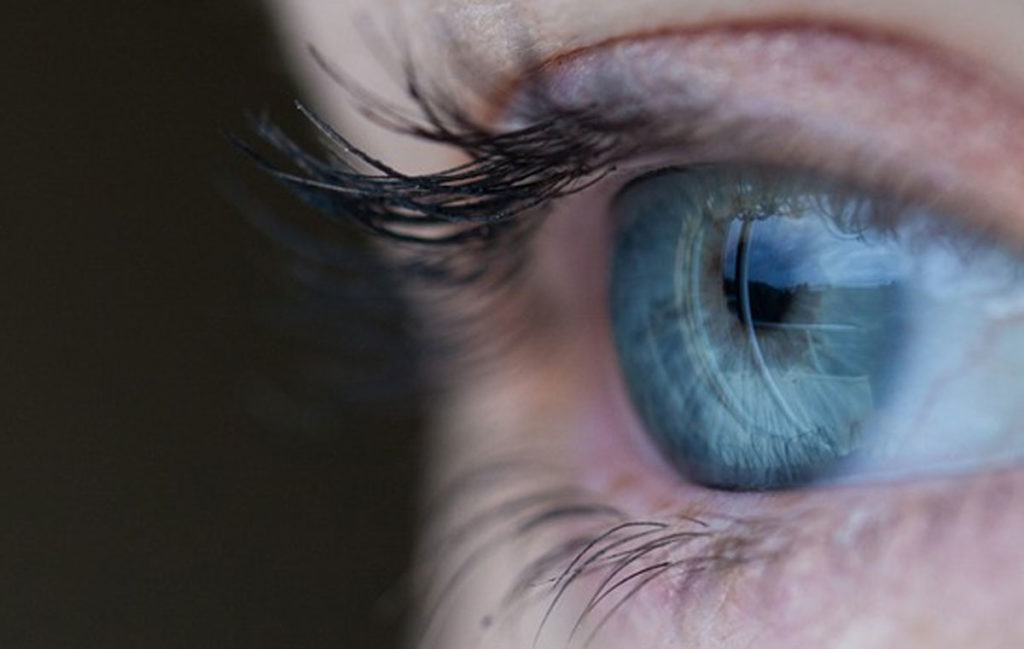To date more than 2 billion people in the world need glasses but they can’t afford them, they don’t have access to an ophthalmologist, even for a simple visit.
This is actually one of the most serious and undervalued problems:
- 100 million of school-age children cannot read the blackboard in the classroom.
- Workers are less productive.
- Drivers are less secure on the roads.
- In the UK there is about an optometrist for every 5,000 people.
- In Sierra Leone The ratio is 1 for 6 million-there is only one optometrist who serves the entire country.
A lack of adequate view has direct effects for those affected; A reduction of productivity at work, a closure of new opportunities, a reduction in the quality of life, a possible deterioration of general health and possibly a preventable blindness.
Fortunately there is A solution.
They have been patented glasses with lenses that change gradation so that the wearer can regulate the power of each lens.
In clinical trials, 95 young people with myopia were able to see clearly after adjusting a pair of our adaptive glasses.
At the moment over 100,000 people in 30 countries now wear adaptive eyewear.
Lens Technology
One of the key components is the adjustable lens (also known as adaptive optics.
Traditionally this is achieved by shifting a series of lenses one after another along an axis (as in camera lenses), in the case of http://cvdw.org A special pressure mechanism bends the lens at will, going to change it so the Gradation of the lens.
According to data collected by theWorld Health organization , the refractive error will rise among the top ten global health problems that affect productivity and opportunities by 2030, overcoming HIV/AIDS.
We support courageous and revolutionary ideas, which have the potential to really change people’s lives. For donations and funding the official site of the Centre for Vision in the Developing World provides a Paypal account: http://cvdw.org/contact/
